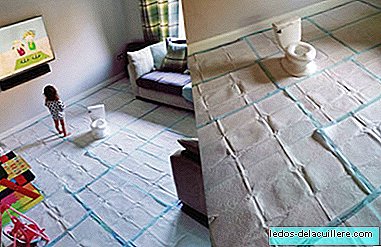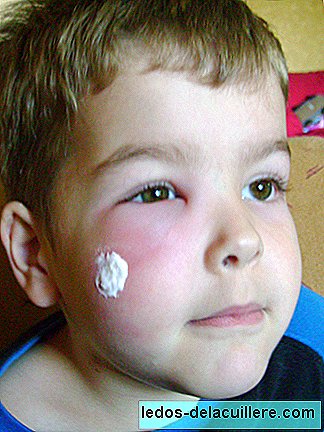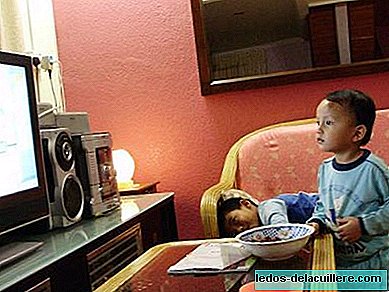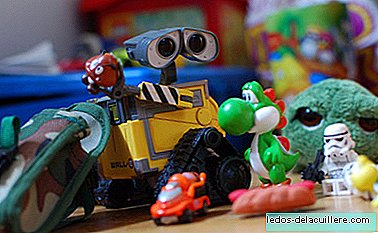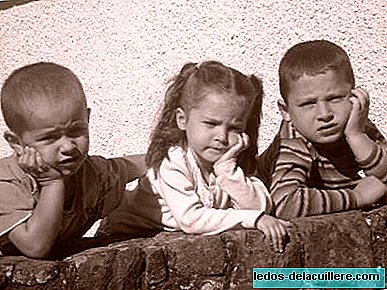
Having nothing to do can be a precious and necessary asset.. I think it happens to adults, we miss those "gaps." So why don't we let children also experience that "boredom"?
Many times the children are overwhelmed with school and extracurricular activities, at home there seems to be no rest, toys around here, homework over there, reading, television ...
But that "I get bored" that we seem to be afraid of is not so bad. Psychologists criticize the obsession of many parents for taking their children's time. Well, seen, it seems quite logical: if we give everything programmed, prepared and "chewed", neurons are not going to squeeze to know what to do, how to entertain, even how to think: they have no time.
Many times adults tell us, when we see sophisticated technological games or television programs that hypnotize children, "In my time I was entertained by anything." Surely that anything It was something we had to look for ourselves at home or on the street because we were bored. And what stories we invented and lived ...
Obviously, it's not about saying to children: "sit down and get bored", but it's good leave them empty time to get bored and have something to think about, have free time for them to come up with things.
A new study by ISEPM Clínic warns about this disastrous effect of the hyperprogrammed, hyper-busy child, ensuring that they have an "anesthetized intelligence", since their intelligence is canceled because they have nothing to think about, because everything is already thought of.
In the words of Mónica Dósil, psychologist of ISEP Clínic,
There is so much pedagogical awareness about children and so much information about what to do with them ... and parents put it into practice. Unconsciously, they foster dependence. They are always telling the child how to spend their time, they give him everything chewed and thus steal his autonomy.
Have we ever talked about "overstimulation", that it may not be so beneficial for children, precisely for these reasons. I think it is best to look for the middle ground, or the term in which we find ourselves and are comfortable.
Obviously we cannot leave a child at ease without attention, without stimuli and without games to give an example. The games that make them actively participate inventing and creating are especially interesting. But I think that occupy all their time, especially if they are not the ones who decide on what, is not beneficial for their development.


